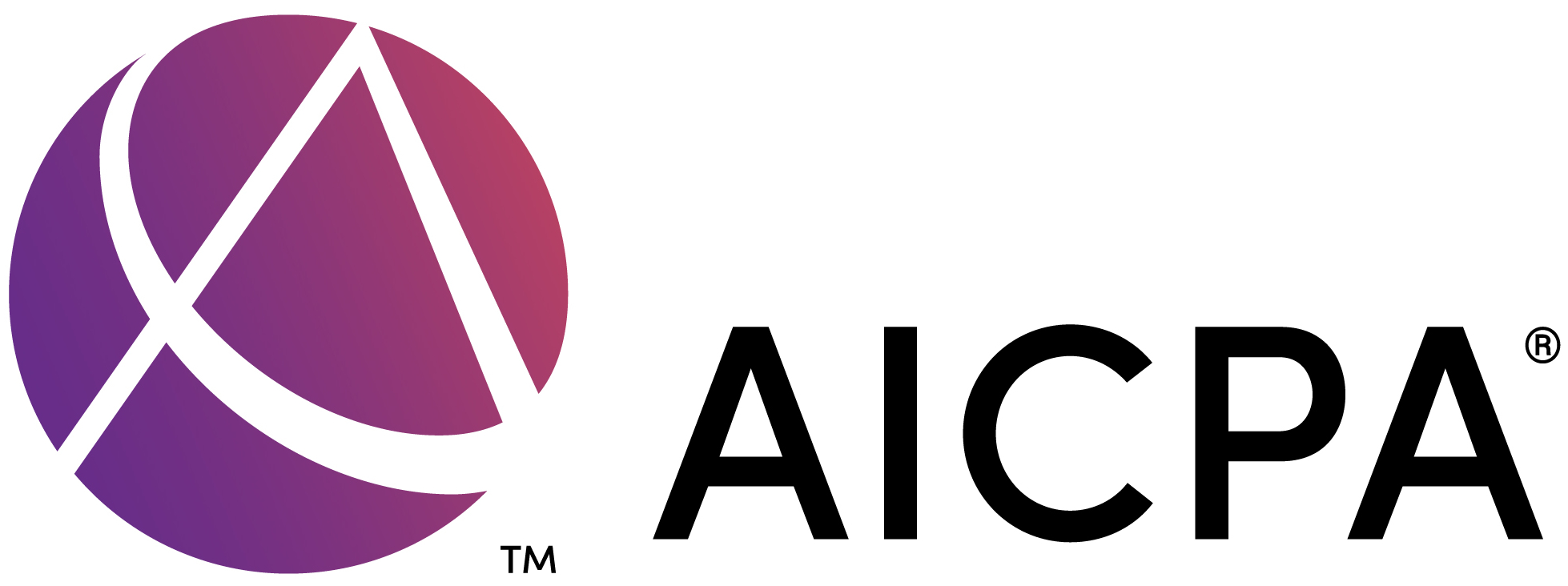AICPA Recommends Treasury and IRS Change GILTI Regulations
The American Institute of CPAs (AICPA) recently submitted recommendations to the U.S. Department of the Treasury and the Internal Revenue Service (IRS) regarding proposed regulations to implement Internal Revenue Code section 951A, commonly referred to as Global Intangible Low Tax Income (GILTI), as enacted by the Tax Cuts and Jobs Act. The proposed regulations (REG-104390-18) would affect U.S. shareholders of controlled foreign corporations (CFCs).
The recommendations focused on carryforward of net tested losses, several proposed anti-abuse provisions and the interaction with the section 245A dividends received deduction.
Specifically, the AICPA recommended that the Treasury Department and the IRS:
- Draft regulations allowing a U.S. shareholder of CFCs with a “net tested loss” in any tax year the ability to carryforward the amount of the net tested loss to offset net CFC income of that U.S. shareholder in future tax years. A “net tested loss” is when the total tested losses exceeds total tested income.
- Modify the pro-rata share anti-abuse rule in Prop. Reg. § 1.951-1(e)(6) as follows:
- Provide for a specific and narrow application of the rule that will apply only in cases where abuse is clearly intended, such as non-economic transactions designed to minimize the tax under this provision.
- Provide an explicit exclusion for transactions conducted with unrelated parties within the meaning of sections 267(b) and 707(b).
- Provide an explicit exclusion for transactions conducted with related parties located in the same country of tax residence as the relevant CFC.
- Provide a small business exception to the provision for U.S. shareholders with worldwide gross receipts under $25 million as determined under section 448(e).
- Modify the proposed anti-abuse rule for temporarily held property to exclude assets acquired or disposed to/from unrelated parties (within the meaning of sections 267(b) and 707(b)) provided that the taxpayer can reasonably establish that the transaction occurred in the ordinary course of a trade or business.
- Allow a CFC the section 245A dividends received deduction in calculating its subpart F income in the final regulations.
20 College Freshmen Receive Accounting Scholarships
Twenty students have received the second annual American Institute of CPAs (AICPA) Foundation High School Scholarship, for incoming college freshmen who plan to pursue careers in the accounting profession. Each was awarded $2,000 to be put toward their undergraduate degree for the 2018-2019 academic year. Funding for the awards was provided by the AICPA Foundation.
To be eligible for the award, students must have completed AICPA’s Accounting Program for Building the Profession: Advanced High School Accounting course (APBP). The course is part of an AICPA program that trains high school educators to teach higher-level accounting curricula in an effort to encourage more engagement with real-world accounting practices at the high school level. The program has trained over 1,300 teachers in 42 states to date.
“The AICPA is always exploring new ways to draw talented and motivated students into the accounting profession. said Dr. Yvonne Hinson, CPA, CGMA Association of International Certified Professional Accountant’s Academic in Residence. “This scholarship rewards students who have demonstrated promise by completing the APBP course and are on their way to majoring in accounting. These students are examples of how the course serves as a bridge between studying accounting in high school and pursing an accounting degree in college.”
AICPA High School Scholarship Award recipients must share proof of full-time enrollment to a two- or four-year accredited college or university and maintain a GPA of at least 3.0. Educators, counselors, or current AICPA members may nominate students for the award. More information and registration for nominees is available at AICPA’s Start Here, Go Places website for high school teachers and students.
This year’s recipients are listed below, with the high school where they completed the Advanced High School Accounting course and the college they’re attending:
- Riley Adams, V. R. Eaton High School, Oklahoma State University
- Richard Coleman, Milton Hershey School, Arizona State University
- Melanie Conroy, Newfield High School, University at Buffalo
- Katelyn Daniluk, Midlothian High School, University of Virginia
- Darius Goodwin, Robert S. Rogers High School, University of Toledo
- Terisha Grant, Farragut High School, University of Tennessee at Chattanooga
- Christian Hansen, Blue Valley High School, University of North Carolina-Chapel Hill
- Trenton Koontz, West Albany High School, Oregon State University
- Michael Kovar, Manhattan High School, University of Nebraska-Lincoln
- Nick Marsh, Warsaw Community High School, Indiana University
- Natalie McBride, Mohawk Jr./Sr. High School, Washington and Jefferson College
- R. Hans Meganck, Waunakee High School, University of Wisconsin
- Juddson Miller, Malakoff High School, Trinity Valley Community College
- Lindsey Parrett, Central Hardin High School, Eastern Kentucky University
- Kannon Phipps, Manhattan High School, Oklahoma State University
- Madison Prince, Farragut High School, University of Oklahoma
- Kelsey Roe, Hayfield High School, Buena Vista University
- Kendall Smith, Manhattan High School, Kansas State University
- Michael Treadwell, Waunakee Community High School, University of Wisconsin-Madison
- Thomas Zezyus, Kiski Area High School, University of Pittsburgh at Greensburg
The AICPA offers many other scholarship opportunities for accounting students throughout their academic careers, as well as guidance and resources for students interested in accounting via its ThisWayToCPA website.
Thanks for reading CPA Practice Advisor!
Subscribe Already registered? Log In
Need more information? Read the FAQs




